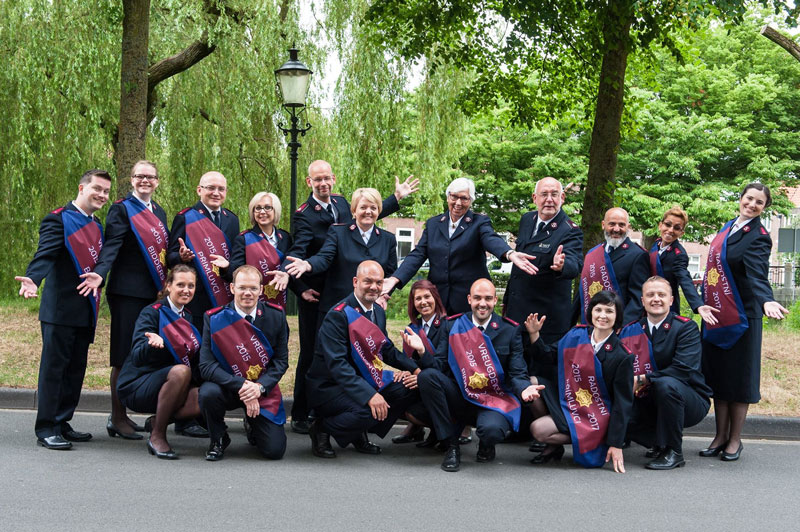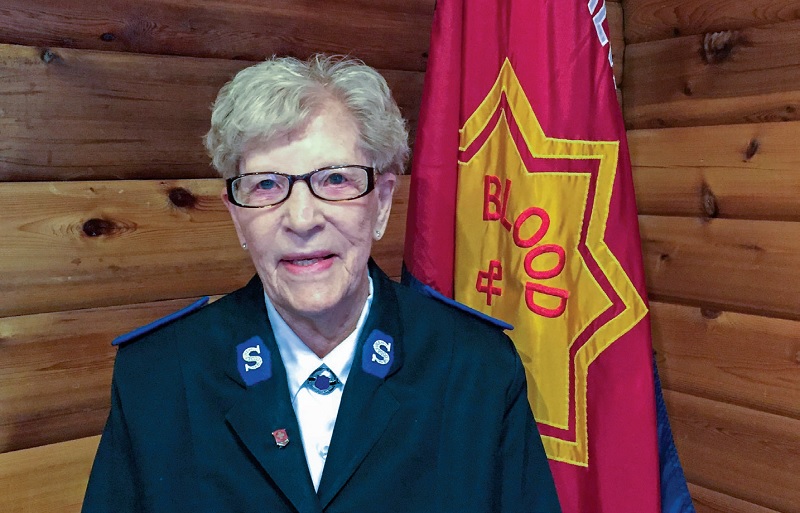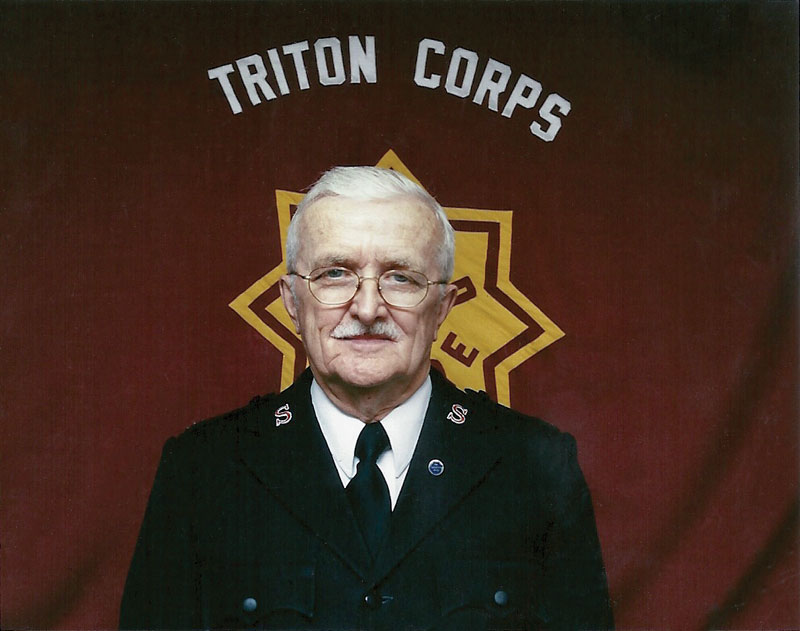Building a Nation Together
For most of Canada's 150 years, The Salvation Army has been meeting needs, making it a better place.
by R. Gordon Moyles
On Monday, July 1, 1867, when Queen Victoria proclaimed the Dominion of Canada, uniting Ontario, Quebec, Nova Scotia and New Brunswick into a single nation, William Booth, future General of The Salvation Army, most likely paid little attention to the momentous occasion. As the church bells rang in the four capital cities, as brass bands played, bonfires were lit and fireworks lit the sky to celebrate the event, Booth was more concerned with getting his East London Christian Mission established, finding ways to alleviate the poverty and spiritual torpor of London, England’s “submerged 10th.” The new Canada was not, as far as we know, of much interest to the 50-year-old revivalist and social activist.















